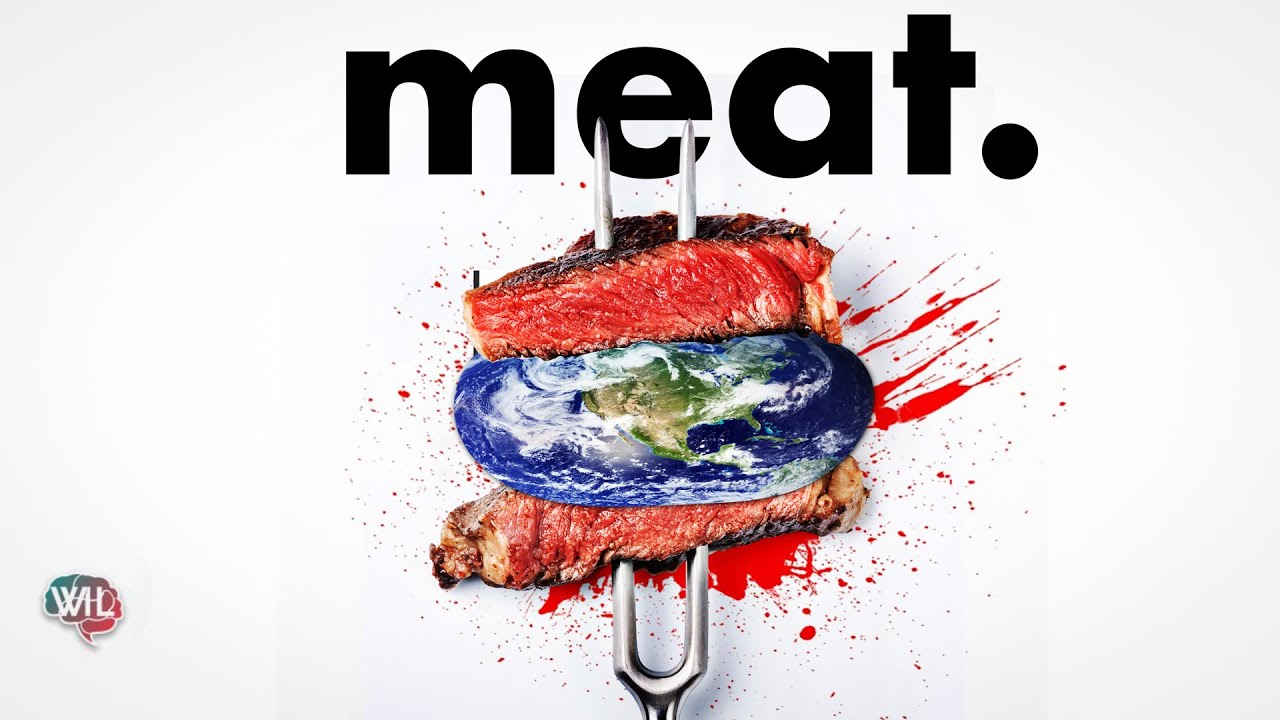For animals, what I’d like to do next is tell you a short story/summary about my previous attempts to debate with animal rights people and vegans. Does that sound OK as a way to steer the conversation?
Hmm, I don’t know. I know there are often irrational takes in this field, so I think it’d be distracting to recount the sometimes not so good arguments you’ve seen (I’m sure there are plenty !)
I’d prefer to get into the gist of it and understand why you think animals do not suffer despite the presence of stress and nociceptors and screams and stuff like that.
I think AG and CB are both caught up in problematic dynamics related to how the sides fight with each other. Productive activism should find other approaches which don’t cause lots of fighting and offend and alienate many people.
Yeah,you’re right - which is why I usually tend to do that. But with most people there is some initial common ground in the sense that they tend to at least acknowledge that some animals suffer, which can be a starting point.
From my experience, the “animal can’t suffer” claim is quite uncommon, especially when extended to cats and dogs. Most of the time, it’s invoked by people who didn’t really think much into the topic, but use it as a defense to justify their current meat consumption.
Which is why I have trouble seeing this claim as a well-though argument that came after a lot of deliberation, because this usually isn’t the case - most of the time meat consumption comes first, justification comes later. We’re very good at rationalizing, after all: doing stuff first (because of how we were raised, our culture, who surrounds us), then finding reasons afterward.
So I felt a bit like the need to land a more outlandish question to “test” the solidity of this assumption. Not the wisest tactic, I get that.
My position is compatible with the society we live in. That is, my claim (that animals can’t suffer) doesn’t imply our current society is bad or needs major changes. On the other hand, CB’s position implies that large changes to society are needed, which would potentially have large negative impacts on humans.
Of course, you will agree that just because our society does it means it’s good. So yeah, there’s plenty of important changes our society could do to improve, the same way most societies in history could have improved in major ways that were seen as ok at the time (getting rid of slavery comes to mind).
As an side note, you will also agree that while the “society could help with major changes” stance is ambitious, the other position, “our society is doing ok on that point”, is highly vulnerable to the statu quo bias, where beliefs that do not require any changes are preferred.
But yes, when I’m reading about factory farming, I find that terrifying. Most people do (in France, 88% of people say they oppose factory farming). What’s even more terrifying is that many good people, some of who really try to do good, many of whom I really like as humans, support something that does tremendous harm. Without even realizing it or thinking about it (much less than 88% of French actively avoid stuff from factory farming). I don’t think the problem would have ever arised if people actually saw the way meat is produced when actually buying it.
Please note, however, that while I’d like to see major change in the way we do thing, this doesn’t mean I think promoting major change as the best way to attain that goal. The “go vegan” message is pretty ineffective. Whereas I see, say, corporate reform as a much more promising pathway.
Note: I think we should not get into the debate of whether extensive farming, with much lower meat consumption but well-raised animals, like it was done 2 centuries ago, is bad. I personally think it’s rather unrealistic to think we can get rid of that, and even so I think most animals lives are overall worth living in this setting, so I don’t really oppose it.
I’d prefer we focus on factory farming.
Finally, I’d like to point out that I’m not sure getting rid of factory farming would have such a negative impact on humans. Excessive meat consumption by people in wealthier countries uses a lot of land, so we could feed many more people if less meat was eaten. It has a very high water consumption. Taste is a common worry, but from experience we adapt to changes in diet rather quickly - it’s just much harder when everyone else around you is not doing that. High meat consumption has a negative impact on health. Guilt is another negative impact.
A French book by a researcher in economics recently came out and made the calculation that getting rid of factory farming would be beneficial economically, given all the negatives impacts I mentioned above.
Not sure we want to focus the debate on that, but I feel it’s important.
